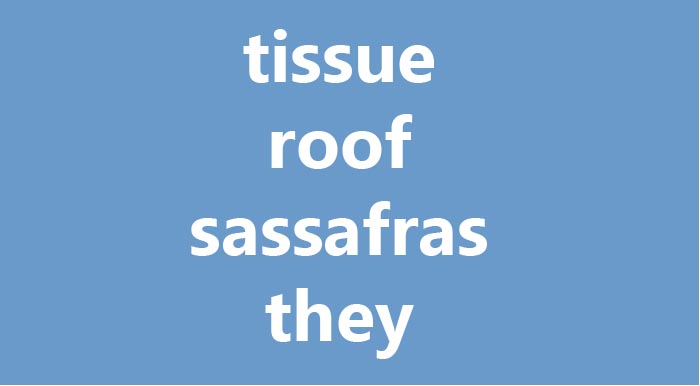With the number of cyber attacks rising to an overwhelming high, it’s safe to say that hackers have become much more sophisticated and clever when it comes to cracking codes. Whether someone wants to log into your online bank account and steal your money, infiltrate your business’s network to steal your customers’ private data, or simply log into your Facebook account to delete all of your friends–you need to protect yourself. Sure, it may sound like common sense, but the first step in warding off these online attackers is creating strong, unique passwords to protect your computer and the information you have on it.
Creating a bad password is easy
Let’s start with what NOT to do.
When thinking of a new password, I try to think of some deep, dark secret about my life that no one else knows–my middle name, my birthday, my dog’s name. Wait! There’s nothing secretive about these things, which is why you should never use them in a password. Here are some other words, dates, names, and phrases you should avoid when creating a password:
- Don’t use your name (first, middle, last, or nickname)
- Or a family members’ name (spouse, child, second cousin twice removed
- Or your pet’s name
- Or anyone else’s name (let’s face it–names are a bad rule of thumb when creating passwords)
- Don’t use birthdays, anniversaries, or other important (or even not-so-important) dates
- Avoid patterns found on the keyboard ( 12345, qwerty, or abc123)
- Refrain from using common words or phrases such as password, god, money, love, iloveyou, monkey, letmein, wizard, or guru
- Or any words related to your life: the city where you were born, the name of your company, or the make and model of your vehicle
- Or personally identifying number combinations, such as your phone number, license plate number, any part of your social security number, or how many freckles you have
- Don’t substitute numbers for letters–hackers L0V3 that!
Creating strong, unique passwords is even easier.
Now that you know a few things about what not to do when creating strong, unique passwords, let’s talk about techniques you should consider. The most common advice anyone will give you about creating strong, unique passwords is to use both upper and lower case letters. Throw in some random numbers and symbols. Your password should also be at least eight characters long.
| Description | Examples |
|---|---|
| Lower case letters | a, b, c, d, etc |
| Upper case letters | A, B, C, D, etc |
| Arabic numerals | 0, 1, 2, 3, 4, 5, 6, 7, 8, 9 |
| Symbols | ! @ # $ % ^ & * ( ) | { } [ ] , . ? / \ + – = |
Before you know it, your password looks like a censored word: b’pQEvn! While b’pQEvn! has a 64-bit encryption, do you really think you’re going to remember it? I’ve already forgotten . . .
Tissue Roof Sassafras They
Recent studies have shown that using four common, yet entirely unrelated words creates a strong, unique password combination. Take a look around your desk. What do you see out of the nearest window? Think of a funny word that you’ll never forget. Think of a word that has no context to the others. Now, put them together: tissueroofsassafrasthey has a 184-bit encryption, and it’s something I’m sure you’ll remember for a long time. There’s no science to creating these types of passwords–just make sure the words you choose don’t relate.
Visit PasswordGenerator.net for help with creating unique password combinations, and keep your information and your customers’ completely secure.


